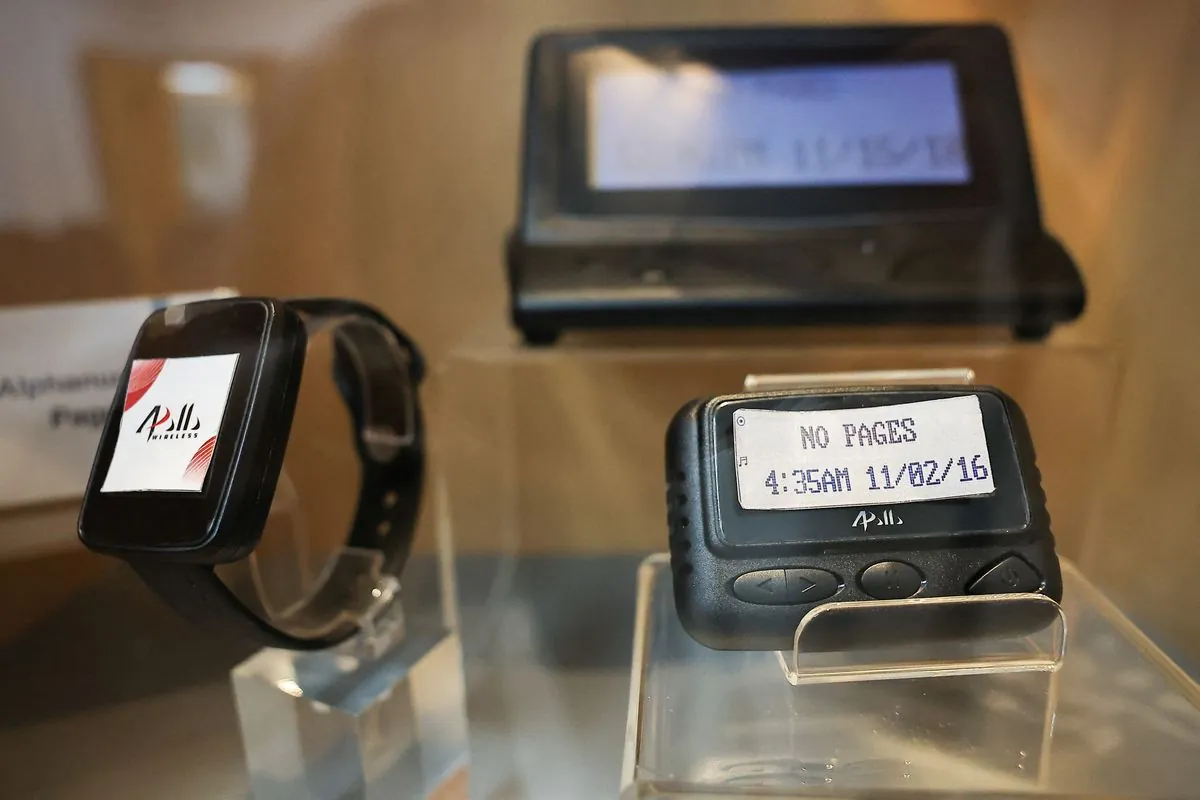Hezbollah Pager Attack Exposes Global Electronics Supply Chain Vulnerabilities
A recent attack on Hezbollah's pagers highlights the challenges in securing modern electronics supply chains. Experts call it unprecedented, raising concerns about global technology security and production localization efforts.

On 2024-09-17, an unprecedented attack occurred, causing thousands of pagers used by Hezbollah members to explode. This incident has brought to light the vulnerabilities in the global electronics supply chain, raising concerns about the security of modern devices.
The attack, believed to be carried out by Israel, has been described by experts as unparalleled in the history of espionage due to its scale and casualty count. While the likelihood of other governments replicating this method is considered low, it has actualized a long-feared scenario that has troubled various governments, including the United States.
This event may accelerate political initiatives to localize the production of critical technologies domestically or with trusted allies. Mark Montgomery, former policy director for the Senate Armed Services Committee, noted that this incident exposes the risks associated with hardware and software operating in countries of concern.
The exact origin of the compromised pagers remains unclear. Although they bore the brand of Taiwanese manufacturer Gold Apollo Co., the company stated that a Hungarian firm, BAC Consulting KFT, handled the devices entirely. However, the Hungarian government reported that BAC has no manufacturing presence in the country.
The global nature of the electronics supply chain, with significant involvement from Taiwan and other East Asian countries, complicates the traceability of components. Daniel Castro, vice president of the Information Technology and Innovation Foundation, highlighted the difficulty in determining the exact source of products in global marketplaces.

This incident has also underscored the challenges faced by organizations like Hezbollah in secure communications. Nigel Inkster, former director of operations and intelligence for MI6, pointed out that the group now faces significant difficulties in maintaining effective command and control in the short term.
The method of tampering with the pagers remains undisclosed, as such operations are typically among a government's most closely guarded secrets. A comparable case from 2014, revealed through documents leaked by Edward Snowden, described a covert NSA operation intercepting and modifying electronic devices from Cisco Systems without the company's knowledge.
"Ten years later, and shipment security never improved. This is a horrific precedent and crime. Everyone in the world is less safe for it."
Andrew Hammond, a historian at the International Spy Museum, noted that while intelligence agencies have a history of using everyday devices for targeted killings, an attack of this magnitude using modified gadgets appears to be unprecedented.
This event is likely to prompt security agencies worldwide to reassess potential threats. Michael Watt, a supply chain expert at Kroll, suggested that governments may increase inspections of consumer goods shipments, potentially leading to supply chain bottlenecks.
In recent years, the U.S. has focused on securing its communications systems against potential threats from China, including banning Chinese telecom equipment and restricting the use of Chinese-brand smartphones by government employees. The Biden administration has also encouraged Taiwan's TSMC to relocate some operations to the United States to enhance security for U.S. customers.
As the world grapples with the implications of this attack, the challenge remains to balance the need for secure electronics with the realities of global trade and complex supply chains.


































